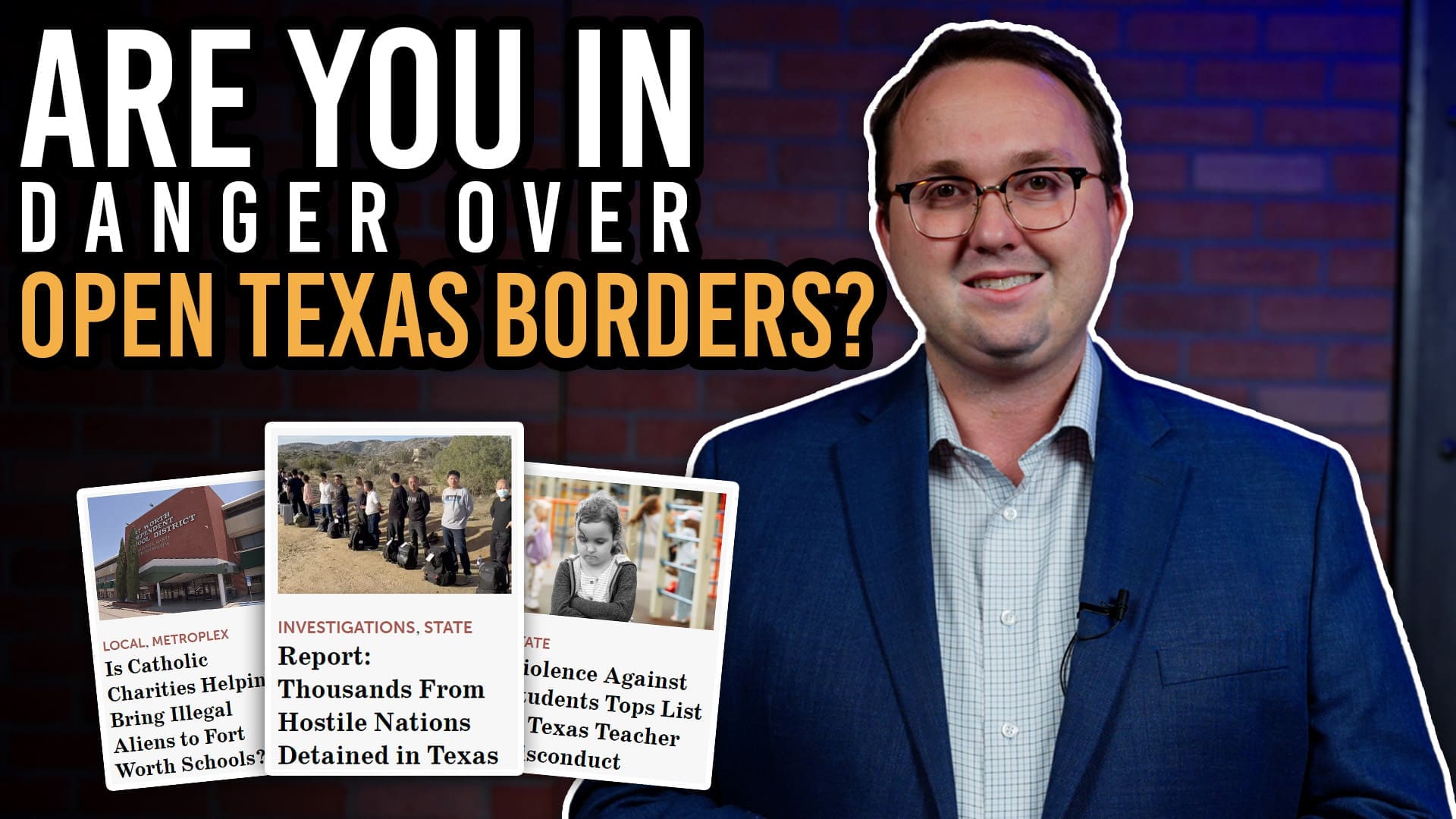No question causes more discomfort than this: “Who do you serve?” Not long ago, I asked that question to a politician who bristled with indignation and replied, “I serve no one!” His answer told me a lot.
If we cannot acknowledge who we serve, we cannot possibly build them up or serve them well. And I’m not talking in some deep, theological sense of serving God. I mean this literally: Who do you serve?
Two of my favorite books of the Bible are Joshua and Nehemiah. Both present great case studies in practical leadership and self-governance. Undergirding both stories is the question of “who do you serve?” In Joshua, that question is explicit; in Nehemiah, it is implicit. Yet the answer is equally consistent: We must all live lives of service to each other.
I am reminded of that Roman Centurion in the Gospel of Matthew, a man of great power, who correctly told Jesus that everyone is under authority—even that politician I mentioned.
The politician wanted me to know he served no one, which meant he served himself. The correct answer would have been the people of Texas, but I would have had a little more respect for him if he’d honestly named off a crony lobbyist or two. Instead, all I saw was a man deluded by his own appreciation for his temporary power.
In a republic established under the principles of self-governance – where the law, not a man, is king – we are each in the curious position of being each other’s masters and servants. It is a difficult duality for our modern hierarchal minds to process. I hear well-meaning people praying for our country’s leaders … and they proceed to name off the president, the mayor, the governor, and so on.
“No, no, no!” I find myself wanting to scream. The people are the leaders in our republic.
No title in our nation should be more exalted than that of “citizen.” Every “honorable” person with their fancy title is merely one of the servants. The people are in charge; the people are the masters. The politicians are not the leaders of, but rather the servants to, the people.
When we want to pray for our nation’s leaders, we should first and foremost be praying for each other. When we see insurmountable problems facing the republic, we shouldn’t wait for the politicians to figure out a solution … we should get to work and encourage others to join us.
We must stop idolizing elected officials, and instead take an active role in leading our communities. We must remind those in office that they work for us, and we must remind ourselves of that as well.
We all serve someone. Yes, we must serve God – but we serve Him in large part by serving each other. As a self-governing people, serving each other is a critical component in our civic life. It is up to each of us to build each other up as the real leaders we are each meant to be as citizens.





